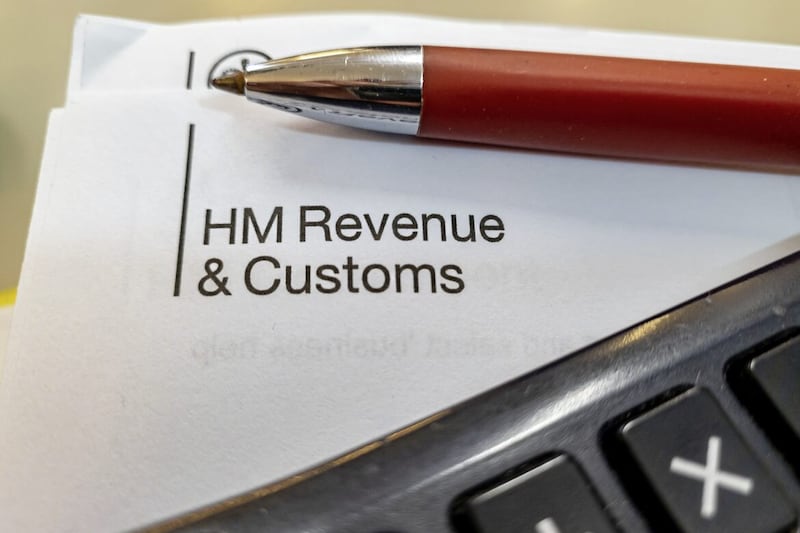QUESTION: I followed with interest the Chancellor’s wife’s non-dom tax status. I was born in Dublin but moved to Northern Ireland six years ago. What is ‘non-dom’ status, and can I use it to my advantage?
ANSWER: In 1799 UK income tax was introduced and at that time Britain had colonised large parts of the world. To protect colonial investments, the concept of ‘non-domiciled’ or ‘non-dom’ was created which allowed UK residents to only pay tax on money brought into the country.
Your domicile is what is considered your permanent home. We all acquire a domicile at birth called your ‘domicile of origin’ which is taken to be your father’s domicile at birth. Non-doms are UK residents who are deemed to have a permanent home or ‘domicile’ outside of the UK and therefore if they generate investment income or capital gains outside of the UK then they can elect to be taxed on a ‘remittance Basis’ in respect of those items.
What this means is that they only pay UK tax if they move or ‘remit’ the money from abroad to the UK. The opposite of the remittance basis is the ‘arising Basis’ where one pays tax on all income and gains earned worldwide regardless of whether or not any of it is actually remitted to the UK.
Chancellor Rishi Sunak’s wife Akshata Murthy was completely within her legal right to be taxed on the remittance basis as a non-dom, but the political fallout for her husband made her move to the arising basis in the future.
Assuming your father had an Irish domicile you can avail of the non-dom rules. The first 7 years of your residence in the UK require no payment to avail of non-dom status however due to changes in tax law the non-dom tax charge was introduced by the Government several years ago. The charge applies as follows:
Pay £30,000 per annum if you have been tax resident in the UK for at least seven out of the previous nine tax years or £60,000 for at least 12 out of the previous 14 tax years.
Once you are tax resident in the UK for 15 out of the previous 20 tax years then you are deemed UK domicile and you must be taxed on the arising basis.
Another big benefit of non-dom status is that non-doms do not pay UK Inheritance tax on their non-UK assets at death. With IHT at 40 per cent this can be a major relief from taxation for the beneficiaries of the estate.
Given the size of the non-dom charges which start after year 7 of UK residence, obviously this is a charge only paid by the very wealthy because at the top rate of tax (45 per cent) one would need to have investment income earned outside of the UK of at least £66,667 to pay the £30,000 charge and double that to pay the £60,000 charge.
To claim non-dom status, you must tick a box on your tax return, and you need to maintain meticulous records as the definition of what constitutes a ‘remittance’ is extremely wide ranging. For example, if you earned £250,000 from Irish investments, bought a car in Dublin for £50,000 and moved it to Northern Ireland then that is a deemed remittance.
Those availing of UK remittance basis of taxation are well advised to maintain a separate bank account should they remit foreign generated income so that in the event of a HMRC enquiry they have a clear paper trail and can demonstrate that they have paid the correct amount of UK tax.
:: Paddy Harty (p.harty@pkffpm.com) is a senior tax director at PKF-FPM (www.pkffpm. com). The advice in this column is specific to the facts surrounding the question posed. Neither the Irish News nor contributors accept any liability for any direct or indirect loss arising from any reliance placed on replies.







